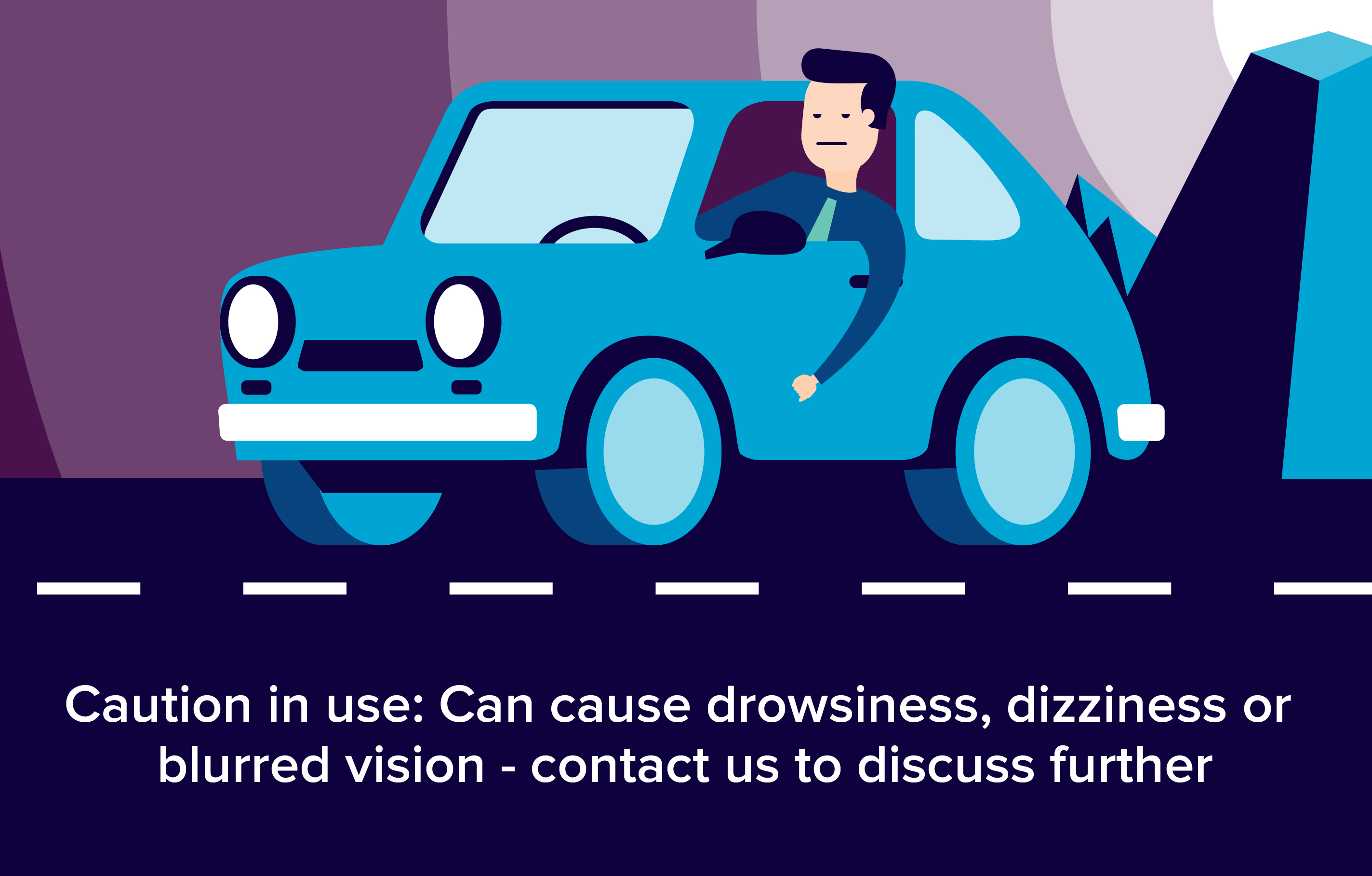Radiation Therapy is the medical use of ionizing radiation as part of cancer treatment to control malignant cells.

What is radiation therapy?
In radiation therapy (also called radiotherapy), high-energy rays are used to damage cancer cells and stop them from growing and dividing. A specialist in radiation therapy is called a radiation oncologist.
What are the types of radiation therapy?
Like surgery, radiation therapy is a local treatment; it affects cancer cells only in the treated area. Radiation can come from a machine (external radiation). It can also come from an implant (a small container of radioactive material) placed directly into or near the tumor (internal radiation). Some patients receive both kinds of radiation therapy.
External radiation therapy is usually given on an outpatient basis in a hospital or clinic 5 days a week for a number of weeks. Patients are not radioactive during or after the treatment.
For internal radiation therapy, the patient stays in the hospital for a few days. The implant may be temporary or permanent. Because the level of radiation is highest during the hospital stay, patients may not be able to have visitors or may have visitors only for a short time. Once an implant is removed, there is no radioactivity in the body. The amount of radiation in a permanent implant goes down to a safe level before the patient leaves the hospital.
What are the side effects of radiation therapy?
With radiation therapy, the side effects depend on the treatment dose and the part of the body that is treated. The most common side effects are tiredness, skin reactions (such as a rash or redness, permanent pigmentation, and scarring) in the treated area, and loss of appetite. Radiation therapy can cause inflammation of tissues and organs in and around the body site radiated. This can cause symptoms that depend on what organs are affected and to what degree. For example, radiation can inflame skin to cause a burn or permanent pigmentation. It can also irritate the colon and cause diarrhoea. Radiation therapy can also cause a decrease in the number of white blood cells, cells that help protect the body against infection.
Although the side effects of radiation therapy can be unpleasant, they can usually be treated or controlled. It also helps to know that, in most cases, they are not permanent. To a great degree, the possible side effects of radiation therapy depend on the location and the amount of radiation.
References:
http://www.cancer.gov/about-cancer/treatment/types/radiation-therapy/radiation-fact-sheet
https://en.wikipedia.org/wiki/Radiation_therapy

